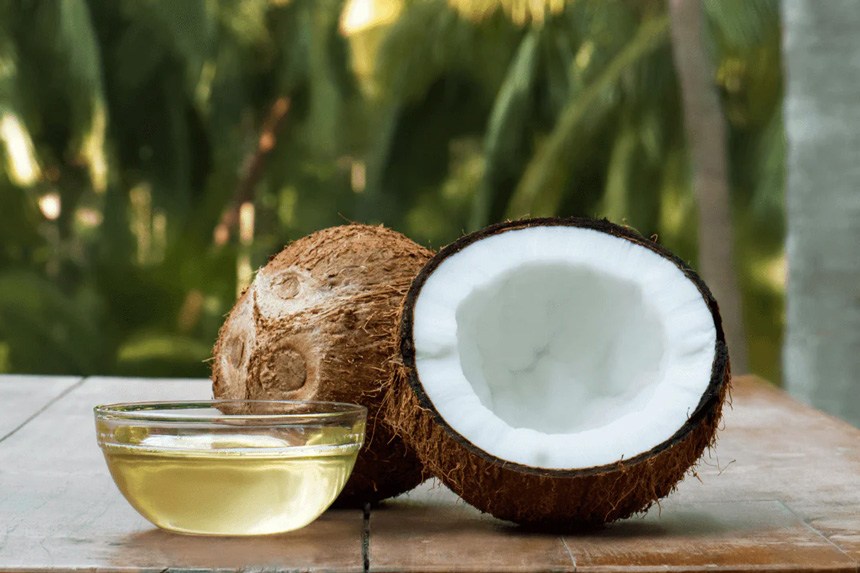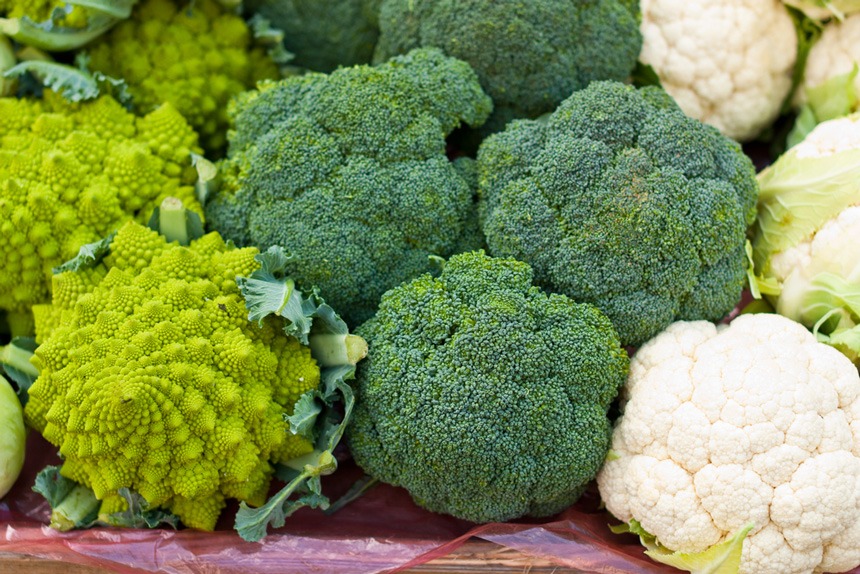Coconut Oil

Despite its saturated fat content, coconut oil shows potential protective effects against heart disease. Coconut oil comprises mixed fatty acids, including medium-chain triglycerides (MCTs), which have been studied for their impact on cholesterol levels. A study in 2018 suggested that taking at least 50 grams of coconut oil daily aids in increasing HDL (good) cholesterol while decreasing LDL (bad) cholesterol. Also, the MCT profile of Coconut oil contributes to a substantial reduction in post-meal triglyceride levels. [4]
Cruciferous Vegetables

The likes of cauliflower, broccoli, kale, and their counterparts within the cruciferous vegetable family comprise compounds like glucosinolate and isothiocyanate. These elements show promise in reducing oxidative stress and potentially reducing the risk of certain cancers.
Alongside its role in reducing the risk of certain cancers, animal studies highlight that they have some capacity to significantly lower triglyceride levels and improve metabolic health indicators. This shows they can potentially enhance blood fat metabolism and overall metabolic well-being.





